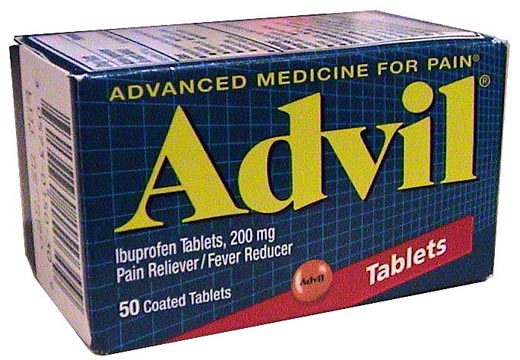Many individuals often rely on over-the-counter medicines and creams to ease symptoms like pain, swelling, or high body temperature. Tylenol, which contains acetaminophen, is a popular choice as it effectively alleviates pain and fevers. Conversely, diclofenac gel is a topical NSAID used to alleviate pain associated with arthritis. Patients often wonder if they can use Tylenol and diclofenac gel together.
Combining Tylenol and Diclofenac Gel
Acetaminophen works primarily in the brain to decrease pain and reduce fever, making it a different class of drug compared to NSAIDs like diclofenac. Because they work in different ways, Tylenol and diclofenac gel are generally considered safe to use together.
Safety Profile and Considerations
- Mechanism of Action: Acetaminophen acts centrally in the brain, while diclofenac works at the site of pain and inflammation.
- Liver Impact: Tylenol is metabolized by the liver, and excessive doses can lead to liver toxicity. Diclofenac, as a topical gel, has less systemic absorption and therefore, typically, less impact on the liver.
- Usage Indications: Tylenol is often used for headaches, minor aches, and pains, while diclofenac gel is often used for joint-related pains such as those found in arthritis.
- Drug Interactions: Both medications have a relatively low risk of drug interactions when used as directed.
The Bottom Line on Usage of Tylenol and Diclofenac Gel
Using diclofenac gel and Tylenol together is generally considered safe as they usually do not have any interactions. However, it is important to adhere to specific instructions:
- Dosage: It is important not to go beyond the suggested amount of Tylenol or diclofenac gel.
- Medical History: Consult with a healthcare provider if you have a history of liver disease, renal disease, or any other health condition that might be affected by the use of these medications.
- Duration of Use: Long-term use of any medication requires medical supervision. Discuss with your doctor if you need to use both products for an extended period.
- Side Effects: Be aware of potential side effects. If you experience any unusual symptoms, contact a healthcare professional immediately.
A Final Note on Self-Care
It is important to exercise caution when engaging in self-treatment, even though it is convenient. It is essential to always listen to the guidance of your healthcare provider and follow the instructions provided with your medications. The goal of using various methods of pain relief should be to improve your comfort and aid in your recovery, rather than to increase your risk. If you have any doubts about combining medications, it is always advisable to consult with a healthcare professional.









